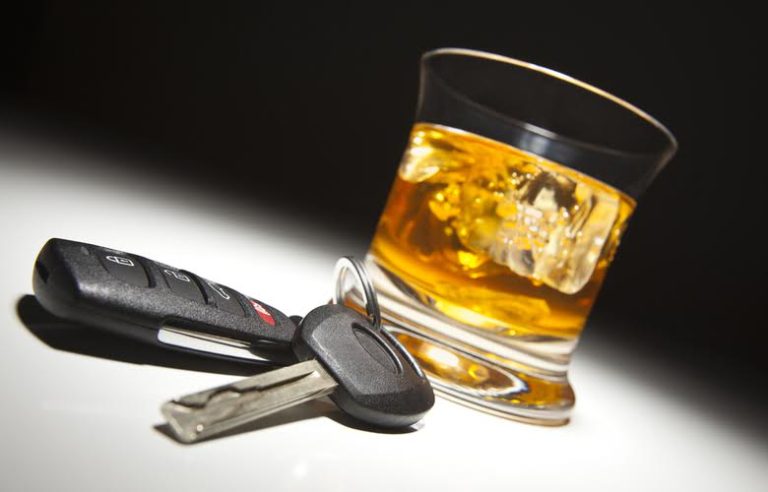Content
People with type 2 continue to produce insulin in early disease stages; however, their bodies do not respond adequately to the hormone (i.e., the patients are resistant to insulin’s effects). Thus, insulin does not lower blood sugar levels to the extent that it does in people without diabetes. For example, obesity, inactivity, and cigarette smoking may worsen genetically determined insulin resistance.
- Don’t take a hot bath, hot tub or sauna because the heat combined with the alcohol may cause your blood pressure to drop too much.
- Conversely, glucagon primarily serves to increase blood sugar levels.
- This can be caused by the effects of the alcohol or drugs, a head injury from a fall when you were drunk or high, or a seizure.
Vomiting can lead to dehydration and a reduced blood volume, which, in turn, increases the levels of certain stress hormones in the blood called catecholamines. Catecholamines further decrease insulin production and increase glucagon production. Accordingly, physicians who treat diabetics known to consume large amounts of alcohol must be aware of the risk of alcoholic ketoacidosis in those patients. Heavy alcohol consumption (i.e., 200 grams of pure alcohol, or approximately 16 standard drinks, per day) can cause ketoacidosis in both diabetics and nondiabetics (Wrenn et al. 1991).
Ways To Safely Lower Blood Sugar Levels
A person is affected by the amount of alcohol consumed, not the type. Beer and wine are not “safer” than hard liquor; they simply contain less alcohol per ounce. These may be confused with or mask the symptoms of low blood sugar. Often, you’ll need someone to help you treat severe low blood sugar. You may wake up when you have low blood sugar, but you shouldn’t rely on that. A continuous glucose monitor (CGM) can alert you with an alarm if your blood sugar gets low while you’re sleeping.
- Memorytesting, begun 1 hour after the start of drinking, continued for 4 hours.The next day additional testing was conducted to determine whether the subjectscould remember stimuli from the prior day’s testing.
- Among their many functions, insulin and glucagon regulate the conversion of fat molecules (i.e., fatty acids) into larger molecules (i.e., triglycerides), which are stored in the fat tissue.
- Health care providers may overlook alcohol use disorder when evaluating older people, mistakenly attributing the signs of alcohol abuse to the normal effects of the aging process.
- Therefore, if a person consumes more calories than they require, it can contribute to weight gain.
People drinking on an empty stomach are particularly at risk of hypoglycemia. Therefore, eating food before drinking alcoholic beverages is essential. Estimates suggest that 95% or more people with alcohol use disorder have low blood sugar.
Types of Low Blood Sugar
The trauma of her assault inevitably fueled her drinking further, using alcohol in an effort to treat her emotional pain. The following are three personal stories of struggle and success from three people who live with T1D. While there is no one-size-fits-all approach to thriving with diabetes, there is no one-size-fits-all in the path to sobriety either.
But he warned that there are long-term, irreversible effects of long-term alcohol exposure. Conner explained that alcohol impairs an important part of the brain called glutamate receptors, which are necessary for brain cells to strengthen the transfer of information between neurons. “Binge drinking tends to be most problematic among college aged youth and young adults,” Dr. Scott Krakower, unit chief of psychiatry at Zucker Hillside Hospital, Glen Oaks, New York, told Healthline. At follow-up, an average of 14 years later, they were examined for symptoms of dementia. Burns recalled a birthday outing, intended to be a simple night of a few beers with her husband and friends. Instead, it turned into a 16-hour blackout and a trip to the emergency room.
Personal Stories of Alcohol Addiction and Type 1 Diabetes
Low blood sugar levels, a condition called hypoglycemia, can lead to rapid heartbeat, fatigue or dizziness. Dangerously low glucose levels can cause loss of consciousness, seizure or coma. Glycogen is a large molecule that consists of numerous glucose molecules and serves as a storage form of glucose in the tissues, particularly https://stylevanity.com/2023/07/top-5-questions-to-ask-yourself-when-choosing-sober-house.html the liver. Generally, the glycogen supply is depleted after 1 or 2 days of fasting. Thus, a person who has been drinking alcohol and not eating for 1 or more days has exhausted his or her glycogen supply. Two additional medications—metformin and troglitazone—are now being used to treat people with type 2 diabetes.

Narrowing this further down by requiring three indicator variables would potentially also complicate the Chi2-analyses due to low expected cell numbers. Since this material entirely consisted of patients undergoing RYGB, another question is the relevance of these findings to sleeve gastrectomy. In an earlier study on registry data we did not find any difference in risks for postoperative diagnoses related to alcohol problems (29).
Levels of Drinking
An increase in activity raises insulin sensitivity and increases the risk of hypoglycemia. Studies carried out by a California University discovered that individuals who had suffered a head injury at some point in their lives were at a greater risk of blacking out. This was totally unrelated to the levels of alcohol in their system. Individuals who suffer from diabetes are also more prone to suffering an alcohol blackout. Excessive alcohol, however, or chronic alcohol use can have several dangerous effects in the body of diabetics and nondiabetics alike.
Why some people don t get drunk?
All sorts of factors will affect your experience of being intoxicated: your drinking environment, your weight, your body fat distribution, your health, your mood, whether you're alone or with friends, whether you've eaten, how fast you drink, and even whether you expect to get drunk.